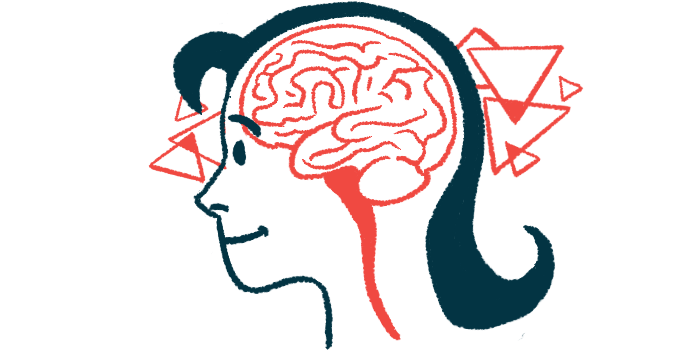DBS helps grandfather, 77, struggling with Parkinson’s off times
Treatment at UT Health San Antonio 'a turning point in my life,' he says
Written by |

Carl McLain, a grandfather and Parkinson’s disease patient, reports enjoying a much-improved quality of life since undergoing deep brain stimulation (DBS), a surgical treatment generally advised for those failing to respond to other disease therapies.
McLain 77, said he began experiencing mysterious leg pain, anxiety, depression, and trouble sleeping about eight years ago. A New Mexico resident at the time, he consulted with specialists about his symptoms, but no definitive diagnosis was given.
Within a week of moving to San Antonio Texas at the invitation of his daughter, Dina McLain Tom, MD, an associate professor of inpatient pediatrics at the University of Texas Health Center at San Antonio (UT Health San Antonio), McLain was tested and diagnosed with Parkinson’s.
“Looking back now, all the classic Parkinson’s symptoms I read on the internet were a description of what I had,” McLain said in a university press release.
DBS for Parkinson’s symptoms when medication fails to bring relief
For seven years, McLain managed his symptoms with medication. These treatments, he noted, brought on other symptoms such as dyskinesia, the involuntary movements that can affect the extremities, head, or the entire body. Parkinson’s treatment is associated with long-term use of levodopa, acting to increase levels of the neurotransmitter dopamine in the brain.
When the effects of his medications began to diminish before a next dose was possible — a condition known in Parkinson’s as off time — deep brain stimulation was recommended. McLain was hesitant.
“I thought brain surgery might not be a good idea,” he said. “But then I realized if I waited too long, I might not be able to get it done, and that scared me more.”
Deep brain stimulation involves implanting a device to stimulate targeted brain regions with electrical impulses generated by a battery-operated neurostimulator. The procedure is used to treat Parkinson’s motor symptoms, like rigidity, tremor, slowed movement, stiffness, and walking problems. Generally, it is offered only to those who have had Parkinson’s for at least four years and who cannot fully control symptoms with medication.
“Typically, an electrode is placed on each side of the brain,” said Alexander Papanastassiou, MD, a UT Health San Antonio neurosurgeon who performed the surgery on McLain. “The generator is like a pacemaker for the brain.”
Still, the surgery is no cure, Papanastassiou said. While McLain feels better overall, the neurosurgeon added, he continues to experience such Parkinson’s symptoms as fatigue, constipation, and insomnia.
DBS aims for constant symptom control during the day
“DBS helps smooth out the treatment effects of medicine, and the medicine and electricity work together so the symptom control stays constant during the day. It doesn’t wax and wane over the day,” Papanastassiou said.
Primarily, it is the relief from motor symptoms and off periods that improve life for patients such as McLain, he noted.
“Imagine you’re awake for 16 hours a day, but for four of those hours, you have severe Parkinson’s symptoms,” Papanastassiou said. “DBS gives people their life back.”
Some Parkinson’s patients are ineligible for DBS, including those with dementia and untreated active depression. “Insertion of the electrodes can make dementia worse, so we always test people’s neuropsychological function to ensure they don’t have dementia,” Papanastassiou said. Likewise, DBS can worsen active depression. “But if someone has depression that is well treated, then it’s safe to proceed.”
McLain said he now takes half the medication he once did, and tremors and dyskinesia are all but gone. Having resumed guitar playing, he enjoys jam sessions with his grandchildren.
“It’s been a turning point in my life,” said McLain, who upon his death will donate his brain to the brain bank at the Institute for Alzheimer’s and Neurodegenerative Diseases at UT Health San Antonio. “It’s as close to a miracle as I’ve experienced and is a blessing.”
Papanastassiou will discuss DBS on July 8, in a free seminar (reservations required) taking place at UT Health San Antonio. The talk is titled “Deep Brain Stimulation Therapy for Parkinson’s Disease: Is it Right for Me?”



